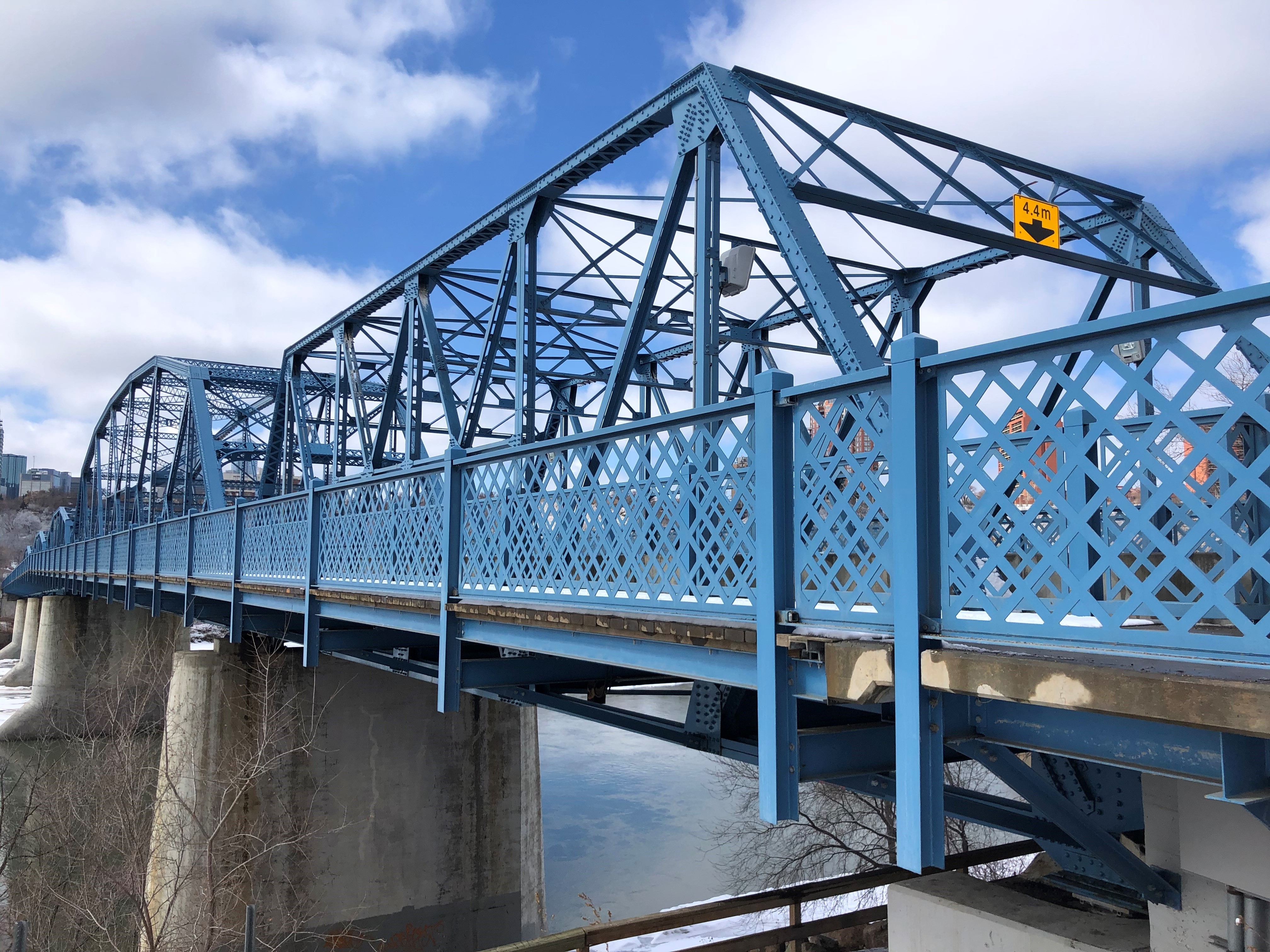
Dynamic Infrastructure say it has completed controlled assessments of its artificial intelligence (AI) capabilities that detected defects on bridges around the world.
Bridges in the US states of Florida and Maryland as well as in Australia and Sweden were analysed by the company's AI platform for AASHTO defects.
The outcome was compared to inspections carried out by certified engineers. According to the company, nearly 91% of true defects and over 99% of defects categorised as condition state 3 and 4 were detected in just a fraction of the time it would take engineers.
“We proved that thousands of images can be automatically analysed, making them available for final validation by engineers in minutes, not days or weeks,” said Alon Oring, head of artificial intelligence for Dynamic Infrastructure, based in New York and with offices in Germany and Tel Aviv, Israel.
“During the controlled assessment, we analysed photos of concrete and steel bridges of various ages and in different climate conditions. Our detection model proved to be robust and consistent,” said Oring.
“Our any-source analysis capabilities, together with the platform's automatic historical comparisons, enables us to track every defect throughout its history. Quantifying risk and understanding evolving deterioration are now much easier through digital and visual accessibility of asset images.
“Inventory managers should not think twice before uploading any number of photos to the system. We know how to quickly and accurately extract information, detect flaws and evaluate and manage risk,” he said.
Dynamic Infrastructure is a market leader for multiple-source visual analysis in the civil-infrastructure world.
World Highways reported in March last year that Dynamic Infrastructure had started offering its AI-based technology free of charge to departments of transportation and public private partnerships. With this move, DOTs and PPPs will be able to continue to manage critical maintenance of bridges and tunnels remotely during the global emergency resulting from the coronavirus pandemic.












